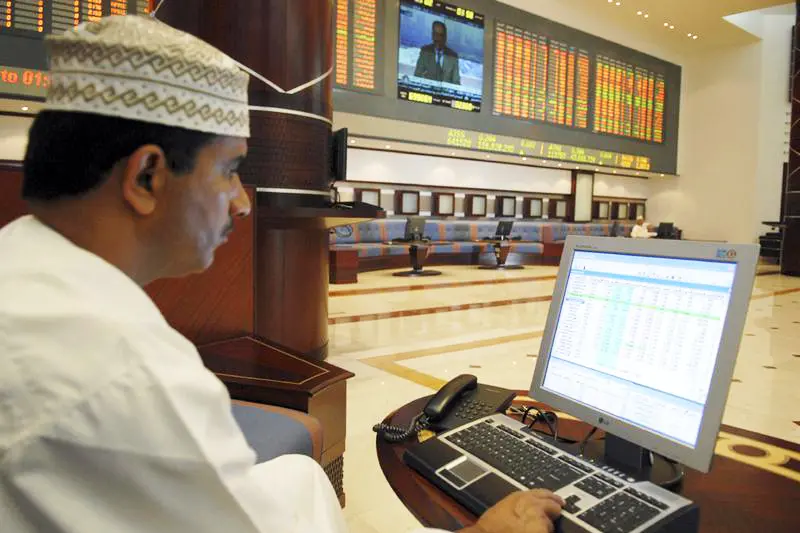PHOTO
Sunday, Aug 30, 2015
Dubai: Multi-year lows in terms of oil prices are expected to result in large fiscal and current account deficits in Oman starting this year and a series of fiscal reforms are necessary to stabilise the country’s public finances, according to Moody’s.
For 2015, the government projects a budget deficit of 2.5 billion Oman riyals (Dh23.75 billion), equivalent to 8 per cent of GDP, due to increasing current expenditures and decline in oil prices. The budget assumes oil production of 990,000 barrels per day, oil price of $75 per barrel, and 5 per cent real GDP growth.
Analysts say that under the current oil price scenario, many of these assumptions are highly optimistic in the context of the significantly high budget breakeven oil price of $105 against the projected average price of $55 for the year 2015, leading the way to a significant widening of fiscal deficit.
“We expect Oman’s fiscal deficits to widen from 2015 onwards, as hydrocarbon-related government revenues drop by more than 40 per cent this year. However, Oman’s low government indebtedness — at around 5 per cent of GDP in 2014 — gives it room to increase debt issuance to finance budget deficits,” said Steffen Dyck, a senior analyst at Moody’s.
Over the past years, hydrocarbon sector-related revenues, which are largely dominated by oil revenues, have been boosted by both increased production levels and rising global oil prices. The combination of expected slowing output growth and significantly lower oil prices weighs on the outlook for oil related government revenues. Limited proven reserves and increasing production costs constrain long-term oil prospects.
“We expect growth will slow to an average 2 per cent to 3 per cent per year until 2019 from an average 4.9 per cent between 2005 and 2014,” said Dyck.
Oman’s non-oil revenues are limited, given the absence of taxes on personal income and value-added tax (VAT). Therefore, non-oil revenue is reliant on corporate income tax, trade-related and excise duties, fee income from government services, and investment income. According to the authorities, they have no plans to introduce personal income tax because it would negatively affect Oman’s regional competitiveness. The same holds true for unilateral introduction of VAT, but there is a regional initiative to study the implementation of a unified VAT scheme within the GCC countries.
Current spending pressures are high, given the experience of social discontent in 2011 and the resulting rapid increases in current government spending. “Although we agree with the authorities’ views that increases in the public-sector workforce will have a positive social impact and potentially contribute to improving competitiveness [e.g., via investment in education and health care], these high levels of current spending are not sustainable under a multi-year, low oil price scenario,” said Mathias Angonin Analyst at Moody’s.
A reform of subsidies on fuel, power and water remains a source of fiscal headroom, which could be tapped to cover for expenditure rise. In Oman’s 2015 budget, subsidies and transfers are set to reach about 1.3 billion riyals or around 10 per cent of total expenditures, up from 0.4 billion riyals in 2010 or 5.1 per cent of expenditures.
Reducing fuel subsidies has been discussed for a couple of years in Oman. With the recent introduction of fuel subsidy reforms in the UAE, Oman is expected to speed up its fuel pricing reforms. According to the Omani Ministry of Finance, the goal is to reduce the fuel subsidy burden by 50 per cent in 2016.
Wages and benefits are another substantial part of government spending, accounting for around 20 per cent of total spending on average between 2009 and 2014. While employment reduction or pay cuts in the public sector are unlikely, a public sector hiring freeze has been in place since the beginning of the year, except for education and health care, which should at least help to dampen the rate of increase in the public sector wage bill.
By Babu Das Augustine Banking Editor
Gulf News 2015. All rights reserved.





















